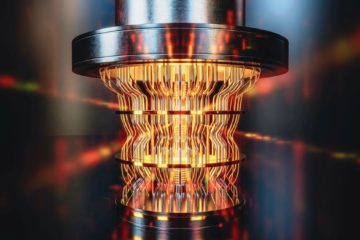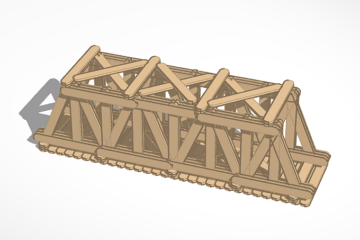Published by Ruben Alvin on 9/18/24
As the world looks for cleaner and more sustainable energy sources, solar power has become one of the most popular solutions. But how do solar panels actually turn sunlight into electricity? If you’ve ever wondered how that works, you’re in the right place. Let’s break it down and explore why solar power is so important for the future.
What Are Solar Panels?
Solar panels are devices that capture sunlight and convert it into electricity. They are made up of many small units called solar cells, which are usually made from a material called silicon. When light hits these solar cells, they generate an electric current that can be used to power homes, businesses, and even cars.
The process of turning sunlight into electricity is called the photovoltaic effect.
How Do Solar Panels Turn Sunlight into Electricity?
- Sunlight Hits the Solar Panels: Solar panels are designed to absorb sunlight. When sunlight, made up of tiny particles called photons, hits the solar cells in a panel, it creates a reaction inside the cells.
- The Photovoltaic Effect: Inside each solar cell, the photons knock electrons loose from the atoms in the silicon. Electrons are tiny particles that carry electrical charge. When they get knocked loose, they begin to move, creating an electric current.
- Creating Electricity: Each solar cell has a positive and negative side, which helps guide the movement of electrons in one direction. When the electrons move in this controlled direction, they create a flow of electric current, which can then be collected and used as electricity.
- Powering Your Home: The electricity generated by the solar panels is in the form of direct current (DC) electricity. However, most homes use alternating current (AC) electricity, so the DC electricity needs to be converted. This is done using a device called an inverter. Once converted, the electricity can be used to power lights, appliances, and even charge electric cars.
Why Are Solar Panels Important?
Solar panels offer many benefits that make them a great option for powering our world:
- Renewable Energy: Unlike fossil fuels like coal and oil, the sun’s energy is endless. As long as the sun shines, we can generate solar power, making it a renewable source of energy.
- Clean Energy: Solar power is a clean source of energy because it doesn’t produce harmful gases or pollutants. This means it helps fight climate change by reducing greenhouse gas emissions.
- Cost Savings: Once solar panels are installed, they can help reduce electricity bills since they use the sun’s free energy. Over time, this can save homeowners and businesses a lot of money.
- Low Maintenance: Solar panels don’t have any moving parts, which means they require very little maintenance. They can last for 20-25 years or more, continuing to generate electricity with minimal upkeep.
How Solar Energy is Used
Solar energy can be used in many different ways, from powering homes to running large businesses. Here are some common uses:
- Residential Use: Homeowners can install solar panels on their roofs to power their houses. Some even install batteries to store extra solar energy for use at night or during cloudy days.
- Solar Farms: In some places, large fields of solar panels, called solar farms, generate huge amounts of electricity that are fed into the electrical grid, providing power to entire communities.
- Solar-Powered Devices: You might have seen calculators, outdoor lights, or even phone chargers that run on solar power. These devices use small solar cells to provide enough energy for basic functions.
- Electric Vehicles (EVs): Some electric vehicles, like Tesla cars, can be charged using solar power, making them even more eco-friendly by using renewable energy to power their batteries.
The Challenges of Solar Power
While solar energy is amazing, it does have some challenges. One issue is that solar panels only generate electricity when the sun is shining, so at night or on very cloudy days, they don’t produce power. However, this is being solved by battery storage systems, which can store extra solar energy for use when it’s needed.
Another challenge is the upfront cost of installing solar panels. Even though they save money in the long run, the initial cost can be expensive for some people. Luckily, there are many government programs and incentives that can help lower these costs and make solar power more accessible.
The Future of Solar Energy
Solar energy is growing rapidly, and many countries are investing in solar technology to reduce their dependence on fossil fuels. Researchers are also working on making solar panels even more efficient, so they can capture more sunlight and generate more electricity. In the future, we might even see solar panels that are cheaper to produce, making solar power available to even more people around the world.
Conclusion
Solar panels are an incredible invention that allows us to harness the power of the sun and turn it into electricity. As technology improves and the world continues to look for cleaner energy solutions, solar power will play a key role in shaping a sustainable future. Whether it’s used to power homes, businesses, or electric cars, solar energy offers a bright (and sunny) way forward.




